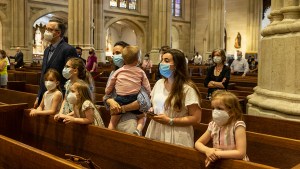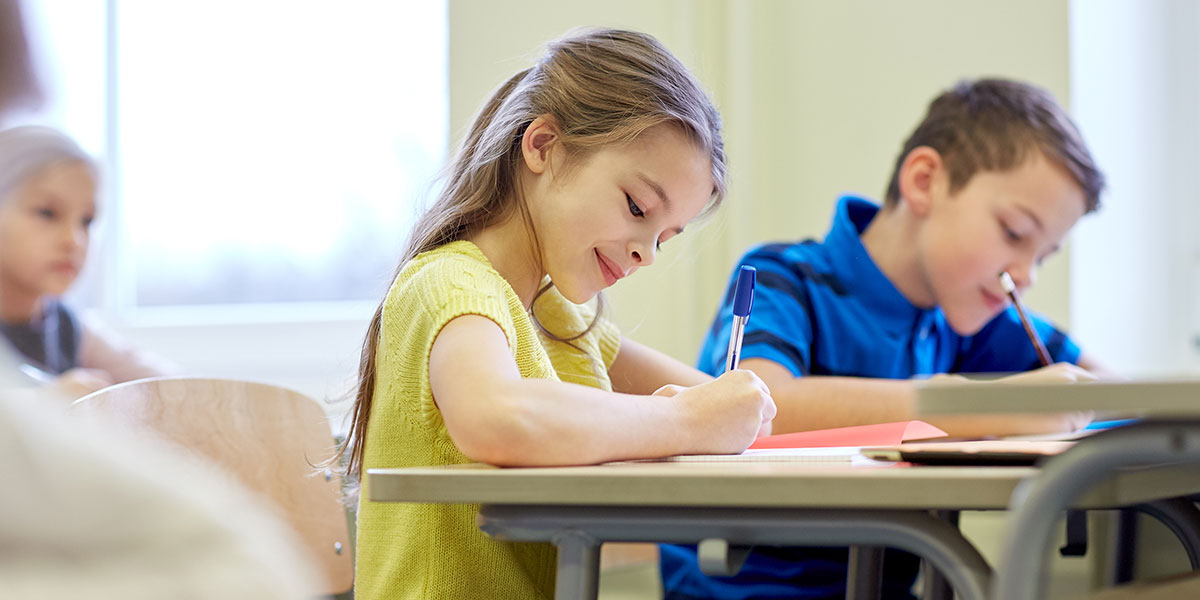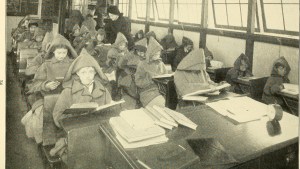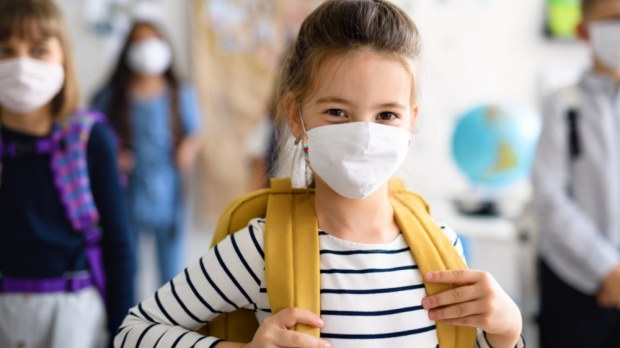Lenten Campaign 2025
This content is free of charge, as are all our articles.
Support us with a donation that is tax-deductible and enable us to continue to reach millions of readers.
Amidst controversy and varying policies throughout the country and the world, the northern hemisphere is kicking off the fall semester (or has already begun) at academic institutions. Some schools have enacted restrictions again, in response to new coronavirus outbreaks among students. Many parents, teachers, and students are understandably concerned.
Bernadette Lemoine, psychologist and psychotherapist, offers Aleteia readers some ideas to help parents prepare their child for returning to school in these unusual circumstances of a pandemic. Even if schools in your area aren’t starting in-person classes, these simple recommendations will be helpful as various other areas of social interaction reopen.
1Reassure your children.
“The parents’ attitude plays a huge role,” says the psychologist. Children often naturally mirror their parents’ concern, so the ideal is for parents themselves to feel safe.
Given the situation and conflicting information, it may be hard not to be concerned, but there are some things parents can truthfully say, such as, “This virus almost certainly won’t hurt you, because it’s rarely dangerous for children. But you can pass it on to a grown-up, and that’s more of a problem. That’s why you have to be very careful.” The key is to explain calmly and clearly.
2Keep it simple.
There’s no need to give all the statistics and detailed recommendations to your child, nor to repeat all the instructions 50 times a day. Bernadette Lemoine recommends simplifying rules as much as possible: “Children are not capable of remembering a long list of information,” she explains. It’s better to limit yourself to teaching them two or three central preventative measures, such as not touching their classmates and sneezing into their elbow, for example.

Read more:
Taking precautions, Catholic churches have avoided COVID outbreaks, doctors say
3Practice healthy habits.
Health precautions may be new behaviors for our children, and new habits aren’t formed in one day. If adults find it difficult not to embrace their loved ones whom they haven’t seen for weeks, how much harder is it for a child, for whom it’s natural to engage in physical contact?
Lemoine invites parents to coach their children at home in the days leading up to reopening of schools or other forums of social interaction. She encourages parents to organize role-playing games to teach children to avoid making physical contact, even if they really want to. For example, parents might ask, “What will you do when you meet your best friend on the first day of school? What should you do when you sneeze?” You can even organize a small contest with prizes for remembering the health habits you’re trying to instill. The goal is to get them to integrate these behaviors into their lives so that they become automatic.

4Teach children respect.
Teaching your children preventative health habits is also a matter of respect. “It’s an opportunity to ask your children to be attentive to others,” says Lemoine. For example, you can say, “Everyone is asked to be careful. It’s not easy, but it’s important. You have no reason to be afraid of the virus, but adults do. So in order not to worry them, you need to be more attentive to others.”

Read more:
Early 20th-century schools kept kids safe from disease with open-air classrooms

